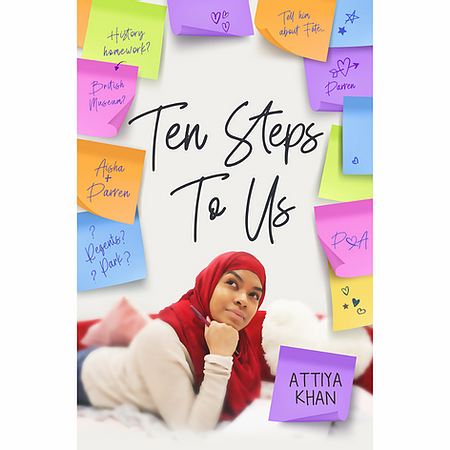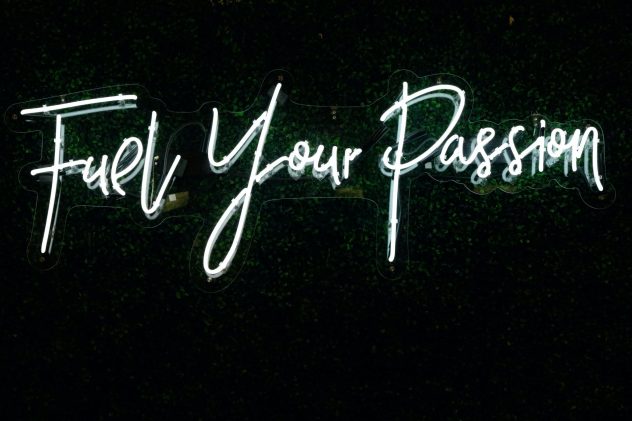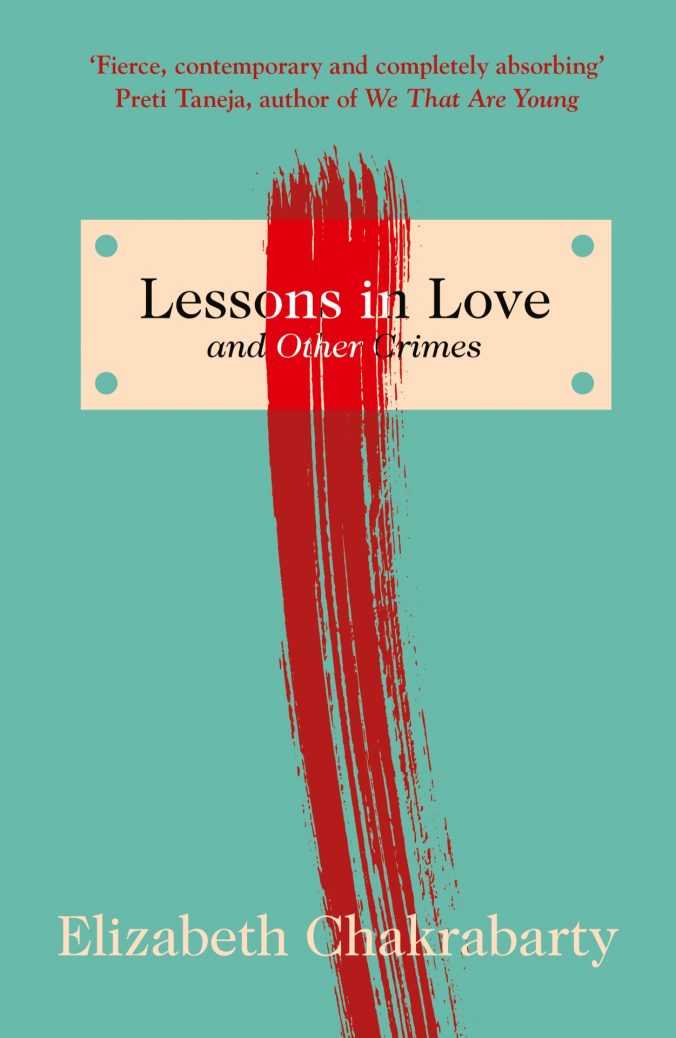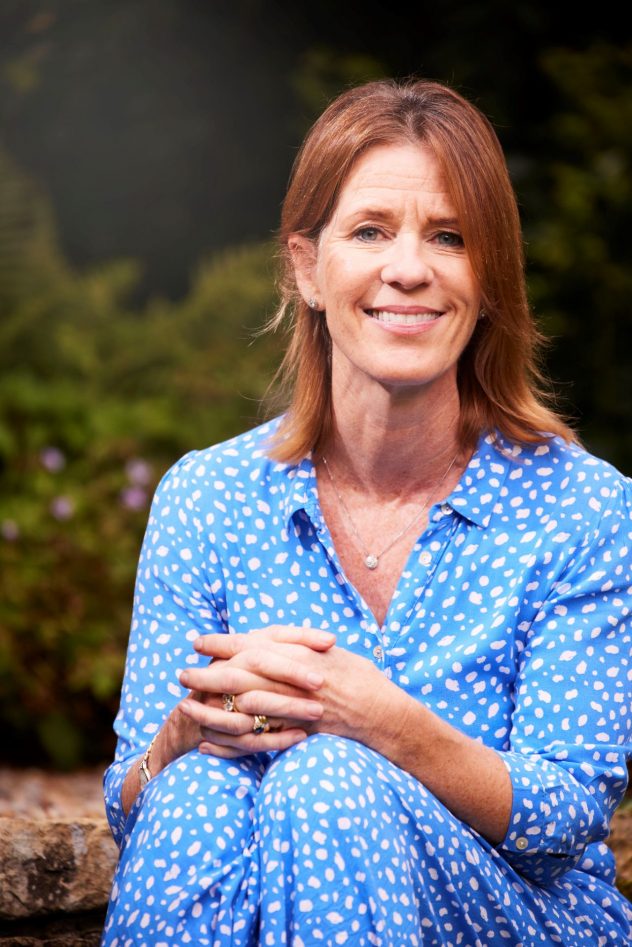By Rebekah Lattin-Rawstrone
City Writes Summer 2022
Running since April 2016, it is a huge privilege to be involved in the fantastic showcase event for City’s Short Creative Writing Courses, City Writes. This term’s event was no exception. Held over Zoom on Thursday 7th July (our ears tuned briefly away from the politics of the day), City Writes Summer 2022 not only had two brilliant published alumni from the same Novel Studio cohort, Attiya Khan and Simon Culleton, it also made space for some wonderful new writing coming from the competition winners made up of current students and alumni. What a talented bunch!
We began with the competition winners. Jordan McGarry, Narrative Non-Fiction student kicked things off with a fantastic piece, ‘The First Spring’, about her recently deceased mother. The chat was filled with responses to her careful observations of grief and insightful turns of phrase. Her biography had told us she was planning to be braver with her work in 2022 and we hope this will mark the beginning of a habit as we all want to hear more of Jordan’s writing.
We headed in an entirely different direction next with a witty piece on community division, ‘We Didn’t Start the Fire’, written and read by Short Story Writing alumnus, Jonathan Gallard. Giving us two perspectives and navigating the complex origins of divisive tradition, this was a wonderful piece of writing.
We returned to grief with the next reader, Orsolya Kiss-Toth. A Writers’ Workshop alumna, Orsolya read an extract of her second novel, Nadi Leaves, in which the main character confronts the studio of her recently deceased father and ends up painting her grief into a self-portrait in a way that mimics her father’s artistic process to moving affect.
Three times winner of the City Writes competition and another Short Story Writing alumna, Su Yin Yap read for us next. She gave us a non-fiction piece, ‘Notes on Pregnancy’ the form of which was much appreciated in the chat. Moving from facts about pregnancy to a personal account of their emotional and physical effects, the piece viscerally remembered what it feels like to be pregnant.
Recent Novel Studio graduate Richard Bowyer then took us into the world of satire with an extract from his novel, The White House. A hilarious letter to the prime minister called ‘The Manton Ultimatum’ had us all giggling as we contemplated the idea of one village in Essex forming an independent state. Roger Rowntree was a favourite character of the Novel Studio 2021/2022 cohort and he proved a hit with this City Writes audience too.
Following Richard, we listened to our last competition winner and Short Story Writing alumna, Lia Martin read her story about lost love, ‘Church Bells’. Such a sharp, witty, and painfully moving account of trying to process the end of a relationship. We can’t wait to read what Lia writes next.
The end of Lia’s piece marked a move into the second half of the City Writes event as we heard from alumni Attiya Khan and Simon Culleton. Both writers published their debuts in 2021 with exciting independent publishers. We heard two short readings and then moved into a Q&A.

Attiya Khan’s debut novel Ten Steps To Us
Attiya’s debut, Ten Steps to Us, is a Young Adult novel that readers have described as ‘the perfect teen romance that covers religion, romance and diversity’. She read the scene in which devout, hijab wearing, Aisha is saved from Islamophobic bullying at a bus stop by the handsome non-Muslim, Darren. Where would this encounter lead? Published by Hashtag Blak, this is a story you’re going to need to buy to get the whole story.

Simon Culleton’s debut novel Shadows of Fathers
Simon Culleton then read from his debut, Shadows of Fathers, published by Stairwell Books, about one father’s fight to stay close to his children in a journey across geographical, cultural and emotional borders. He took us into a difficult conversation with his children about where he had been and why he didn’t live with Mummy anymore. Had the children missed him? Why didn’t Mummy and Daddy get on anymore? When he said Mummy and Daddy got on the way that a cat and a dog did, things got complicated… Funny, poignant and moving, it was a great introduction to the complexities of the novel.
The Q&A explored inspirations, from Attiya’s desire to see Muslim young women represented in fiction in realistic, non-Islamophobic ways, to Simon’s need to show the father’s perspective in divorce proceedings. We looked at their publishing journeys from the courses they took to the agents that rejected them to the publishers that championed them. We explored what they had enjoyed most about getting their work into the public domain, what they were working on now and what their writing routines were like. Both Attiya and Simon had some fantastic tips for writers and spoke of how important it was to follow your passion in your work.
You can hear the full Q&A and all of the readings by watching a recording of the event here.
It was an inspiring night and I can’t wait for the next City Writes when we’ll be joined by the amazing writer and another Novel Studio alumna, Elizabeth Chakrabarty whose debut novel, Lessons in Love and Other Crimes, published by The Indigo Press in 2021, was longlisted for the Desmond Elliott Prize 2022. Look out for competition and event dates coming soon to this blog.























 he course has a
he course has a
Recent Comments